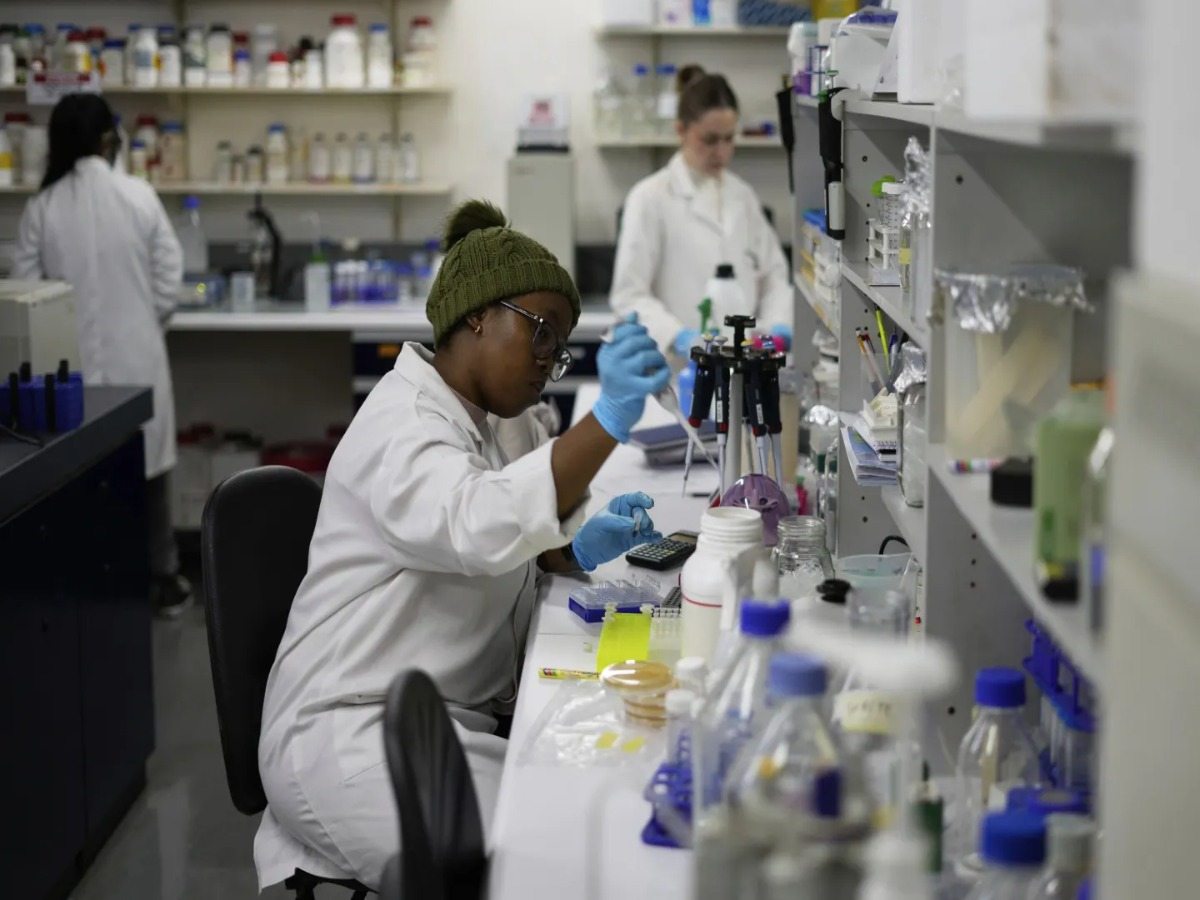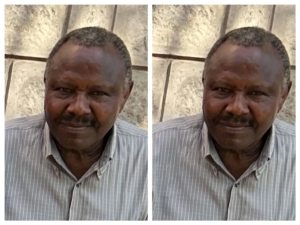Just days before South African scientists were set to launch clinical trials of a promising HIV vaccine, their progress was abruptly halted. An email landed in their inboxes, brief and devastating: “Stop all work.” The U.S. government, under President Donald Trump, was pulling its funding.
The blow came as researchers prepared to roll out the BRILLIANT project, a $46 million initiative designed to leverage South Africa’s genetic diversity and scientific expertise to help curb one of the world’s deadliest pandemics. Instead, the program now stands frozen, casualty to a broader shift in U.S. foreign aid, as the Trump administration doubled down on “America First” priorities.
The timing couldn’t be worse. South Africa, home to the largest population of people living with HIV, has long been a cornerstone of global progress in HIV prevention and treatment. But that foundation is now cracking.
READ ALSO: Obama, Bush and Bono decry USAID shutdown, blame Trump administration
“We do the trials better, faster and cheaper than anywhere else in the world, and so without South Africa as part of these programs, the world, in my opinion, is much poorer,” said Glenda Gray, who heads the BRILLIANT program in an AP report. She pointed to South Africa’s role in testing COVID-19 vaccines, Johnson & Johnson and Novavax among them, and in detecting a key variant during the height of the pandemic.
The U.S. had been contributing about $400 million annually through USAID and PEPFAR. But the funding cuts were not purely fiscal. Trump’s baseless rhetoric about “white genocide” in South Africa may have further soured relations, accelerating aid withdrawal.
Now the consequences are cascading.
In the laboratories of the University of the Witwatersrand, researchers like technician Nozipho Mlotshwa, one of many young professionals in white coats, fear for their futures. Her role, funded through a research grant, not only supports her family but pays for her education.
“It’s very sad and devastating, honestly,” Mlotshwa said. “We’ll also miss out collaborating with other scientists across the continent.”
Professor Abdullah Ely, who leads the Wits-based HIV vaccine team, said trials had shown promising immune responses. But the progress has now stalled. “All kind of had to come to a halt,” he said.
READ ALSO: Funding cuts from USAID disrupt language education for thousands in Mali
The BRILLIANT team is now in a desperate race to secure alternative funding. Equipment purchases are frozen. Over 100 researchers tied to HIV programs have already been laid off, according to South Africa’s health department. Postdoctoral students and early-career scientists face the loss of critical support.
Watch a recent episode of The BreakDown podcast below and subscribe to our channel PanaGenius TV for latest episodes.
The scale of the disruption goes far beyond a single lab. The South African government estimates that nearly $107 million in U.S. research funding could vanish over the next five years, threatening work not just on HIV, but also on tuberculosis, another public health crisis with deep roots in the country.
Efforts are underway to fill the vacuum. Universities South Africa, a national association, has submitted an urgent funding request to the country’s treasury seeking over $110 million to sustain key research programs.
Meanwhile, the effects ripple through the health system. More than 8,000 health workers previously supported by the HIV program have been laid off. Gone, too, are data collectors who monitored treatment outcomes and counselors who helped reach isolated rural patients.
During a visit to South Africa in June, UNAIDS Executive Director Winnie Byanyima acknowledged the severity of the setback, not only for South Africa but for the broader continent. Countries like Nigeria, Zambia, Burundi, and Ivory Coast are ramping up domestic investments in response to the cuts.
“But let’s be clear, what they are putting down will not be funding in the same way that the American resources were funding,” Byanyima warned.










